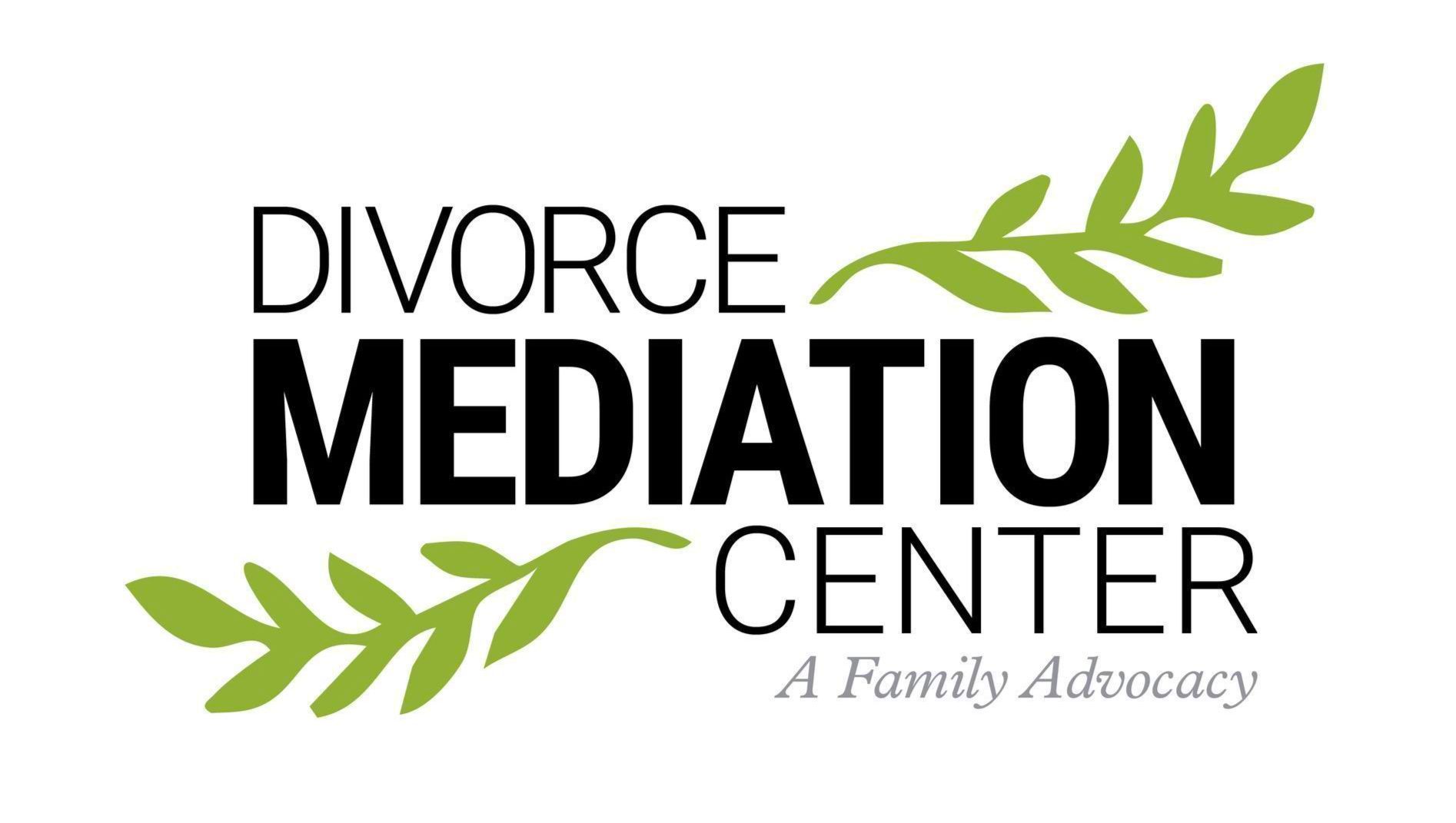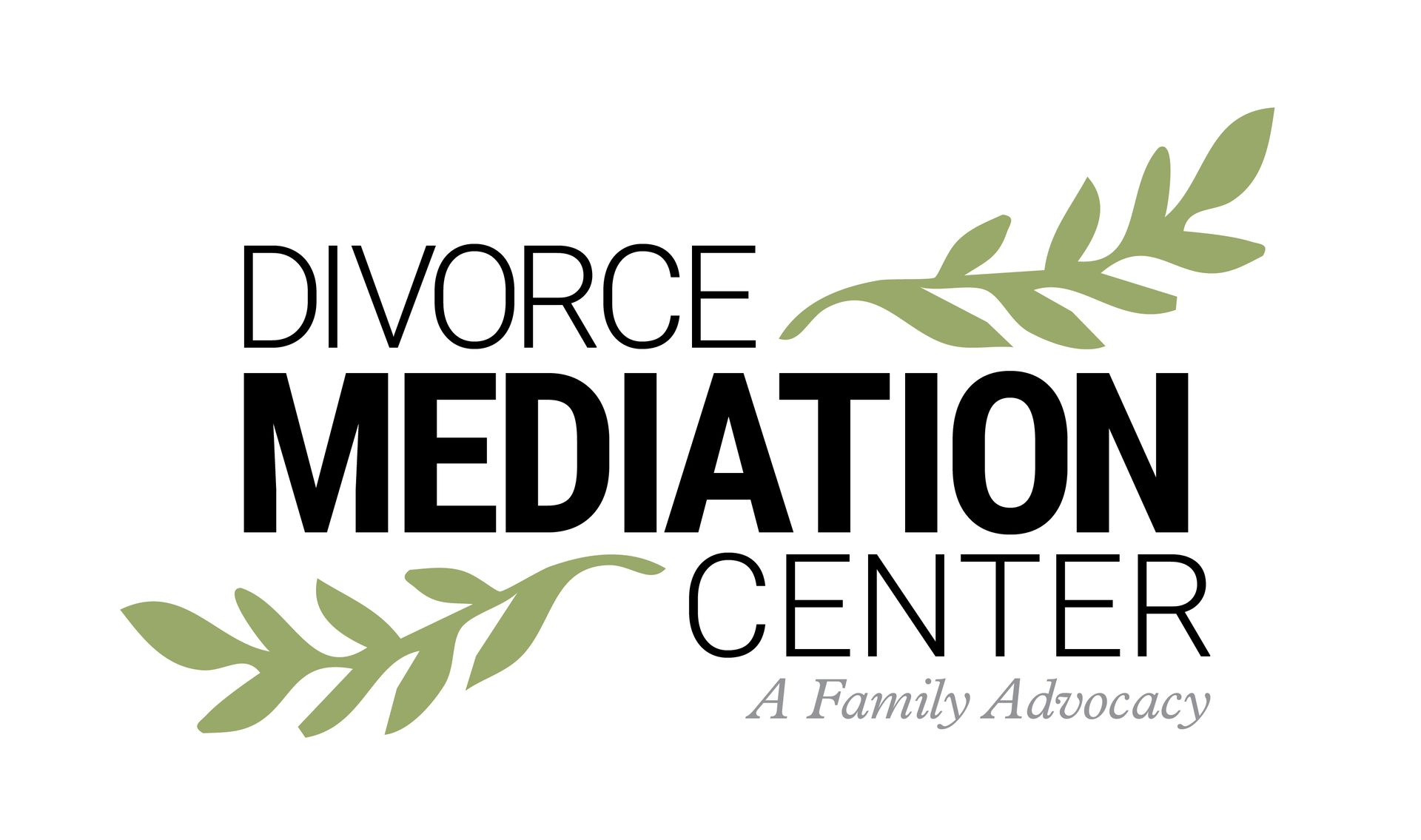Recommended Divorce Parenting Plans for Preschoolers (3-5 Year Olds) Part 2
During this 4 part series we are addressing specific parenting plans that are age appropriate. Due to child developmental milestones and needs, children require and will tolerate differing parenting plans that can evolve as they age and plans should be modified to meet the child’s needs.
For Preschoolers, routine, predictability, structure and consistent discipline in each home are crucial at this age. They find security in daily routines. Children over the age of 3 can usually tolerate overnights with both parents. As their sense of the world around them is developing, preschoolers are prone to fears and anxiety and may display this as nighttime fears (commonly known as “night frights” or “night terrors”). The child’s Pediatrician can provide great tips and guidance on how parents can consistently work the child through this stage.
This age group adjusts better to larger blocks of time with each parent so that they can “settle in” to the home they are currently in. They will react to frequent transitions and transitional objects such as a favorite toy, stuffed animal or blanket that stays with the child between homes can help them manage sadness and anxiety. It also helps to give the child a 15 to 30 minute warning that a transition will be taking place to allow the child the opportunity to grasp an exchange.
At this age, they still need a “primary” home, especially if there was one primary caregiver before the divorce. Parents should work out a plan for the “non-primary” parent to increasingly become more involved so that over time the child feels equally comfortable at both homes.
Due to the importance of consistency at this age, co-parents should readily share information about medical issues, social issues, educational information, eating and sleeping habits and develop an on-going habit of keeping each other fully informed.
At this age an equal time parenting plan can be incorporated if both parents have been involved in parenting consistently (as described in our former blog). A 2-2-2 or 2-2-3 plan (where each parent has 2 or 3 overnights alternating blocks of time can be implemented.
For more information on this topic please buy our new book Family Divorce 101 -A Guide to What Divorcing Families Should Know or our book for Therapists: Family Divorce Therapy 101 -A Clinician’s Guide to Best Practices for Treating Families Pre/During/Post Divorce (Amazon)
For more divorce advice and cost saving tips please buy our book Transitions Divorce® Prep Workbook
Disclosure of Material Connection : I have not received any compensation for writing this post. I am disclosing this in accordance with the Federal Trade Commission’s 16 CFR. Part 255: “Guides Concerning the Use of endorsements and Testimonials in Advertising.”
Disclaimer: This is my personal blog. The opinions I express here do not necessarily represent those of my organization, Transitions Resource, LLC. The information I provide is on an as-is basis. I make no representations as to accuracy, completeness, suitability, or validity of any information on this blog and will not be liable for any errors, omissions, or delays in this information or any losses, injuries, or damages arising from its use.
The post Recommended Divorce Parenting Plans for Preschoolers (3-5 Year Olds) Part 2 first appeared on Divorce Mediation Center.





